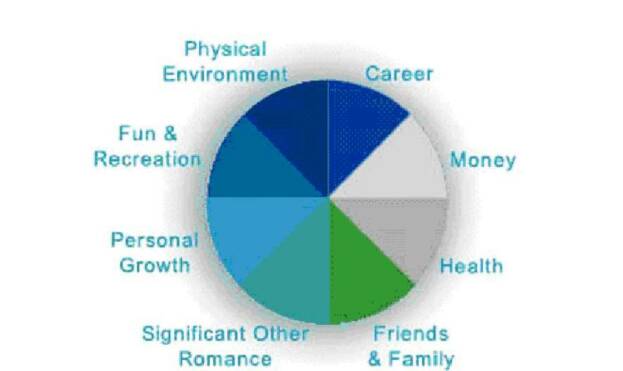MY Toronto Life Coach
Maryam Yassini, CPCC
Certified Professional Co-active Coach
Good manners draw positive attention and may win special recognition or opportunities over those lacking these social skills. Poor manners result in the opposite, a negative image that may drive some prospective employers or opportunities away. Teach your teenager that today's etiquette may be tomorrow's job promotion or healthy relationship.
Contemporary Etiquette is based on treating everyone with the same degree of respect, kindness and concern. Although it consists mostly of common sense, it is helpful to know some rules on how to behave in certain situations. Seeing as this would make life more comfortable and make individuals more self-confident in social situations.
While in preparation or facing challenges teenagers often carry on conversations with themselves. This dialog may be positive, where they instruct themselves by recognizing how great they are doing and by encouraging themselves keep up the good work or push even harder, realizing their full potential. However, for many teenagers, it is not uncommon for the voice of the Inner Critic or the Saboteur to drown-out that of the inner Coach.
The anguish caused by the Inner Critic is very often a primary factor in low self-esteem. It is often a major barrier to any beneficial growth or change. The Inner Critic can be directly involved in apprehension, melancholy, negative self image, dependence, and an assortment of self-destructive behaviors. Quieting that Inner Critic or the Saboteur and listening to their Inner Coach is one of the greatest things we can teach teenagers to improve their performance not only in school but in life.
Most of us remember a person or a coach who motivated us to excel, believed in our abilities, and praised our achievements. Overtime we began to think of that individuals cheering voice as our own. Internalizing these positive opinions allowed us to believe we could do anything and without a doubt we would succeed.
Internalization becomes problematic however, when the statements we heard are harsh, negative, gloomy and discouraging. Our Inner Critic or Sabator may project voices we have internalized who say “You are not good enough”, “You’re never going to win”, “Nobody likes you”
So, how can we make the Inner Critic or Saboteur stop? We can’t. As long as you have thoughts in your head, your inner critic will have the spirit to continue unloading on you. What you can learn to do though is to recognize it, tame it so you can move forward and accomplish your goals, in spite of what that voice has to say about it.
Most people are not even aware that there is a voice or a self speaking inside of them because the Inner Critic's constant judgments have been with them ever since they can remember. It develops early by internalizing the judgments of the people around them and the expectations of the society in which they live in.
To truly succeed, teenagers must repress their Inner Critic and work on their self esteem. Accomplishing this requires several steps: become aware of your unique Saboteur, challenge its limiting criticism, and modify your behavior. Combined with the proper boost in self esteem brought on by modern etiquette instruction your teenager will succeed in achieving their full potential .
Maryam Yassini, Toronto Life Coach
Trained at The International School of Protocol
I am a Certified Etiquette Teacher for Kids and Teens
Although society has changed somewhat, etiquette remains a valuable skill for teenagers who are planning their future. On the job or academically, good manners are expected as one of the indicators of a person's maturity. Treating others with kindness and respect is a measure of a teenager's basic foundation for adult-type job duties or personal relationship.








